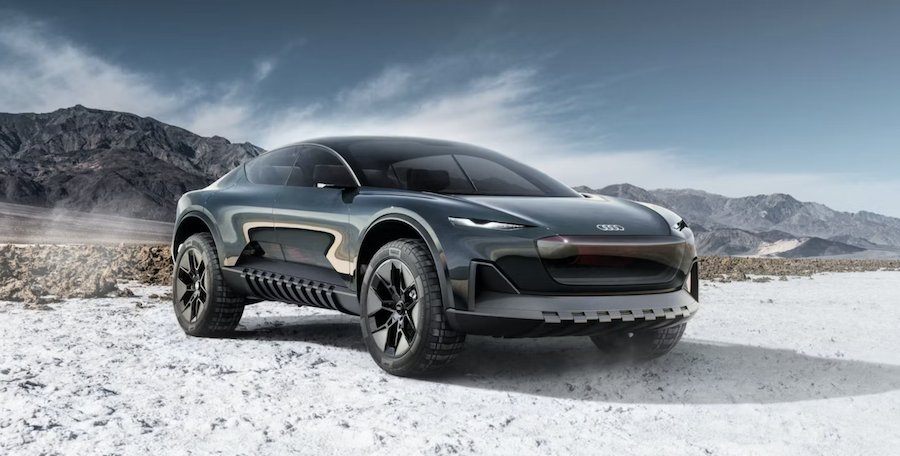Audi considers third-party EV platform amid SSP delays

Audi board members will meet this week to consider purchasing the rights to a third-party electric vehicle platform, according to sources close to the German car maker.
The move comes after delays to the Scalable Systems Platform (SSP) being developed by Audi's parent company, the Volkswagen Group.
The new modular structure, which is planned to support an 800V electric architecture and new-generation battery packs, has been delayed by continual engineering setbacks. It is now not expected to underpin new Audi models until 2029 at the earliest - some three years after the SSP's planned debut in a production car.
The reported three-year delay in the introduction of the SSP has led to a similar hold-up for the Volkswagen Group's Project Trinity – a new electric vehicle line-up originally conceived to kick off with a liftback-style saloon but now expected to be launched as a mid-sized SUV-style crossover prior to the addition of further models.
Audi has been banking on Project Trinity for a range of new electric vehicle models.
The Volkswagen Group's existing Modular Electric Toolkit (MEB) and Premium Platform Electric (PPE) structures have been deemed unsuitable for these models, a high-ranking Audi official told Autocar.
Audi's efforts to source a third-party platform to increase its competitiveness in China's booming electric vehicle market are claimed to have attracted the seal of approval from Volkswagen Group CEO Oliver Blume.
Secrecy surrounds a possible platform partner. However, Audi is said to have already entered into talks with a number of Chinese-based companies offering platforms.
Candidates include Geely, whose Scalable Electric Architecture (SEA) platform is already used by its own Polestar, Zeekr, Smart, Lotus and Volvo brands as well as an electric vehicle joint venture operated by Geely and Chinese internet and tech company Baidu under the name Jidu.
Geely has close links to Audi rival Mercedes-Benz through its 50% shareholding in Smart, though it has reiterated earlier plans for the SEA platform, saying it is “open-source and open to supply to other car makers”.
Contract manufacturer Foxconn is another possibility. It has developed its own Mobility In Harmony (MIH) platform for electric vehicles. Also under the spotlight in Audi's efforts to source a suitable electric platform is BYD, which recently established its own third-party electric vehicle component supply business called FinDreams.
Audi is currently building a new factory in partnership with First Automobile Works (FAW) in China for the production of PPE-based models, including the upcoming A6 E-tron and Q6 E-tron.
Related News
